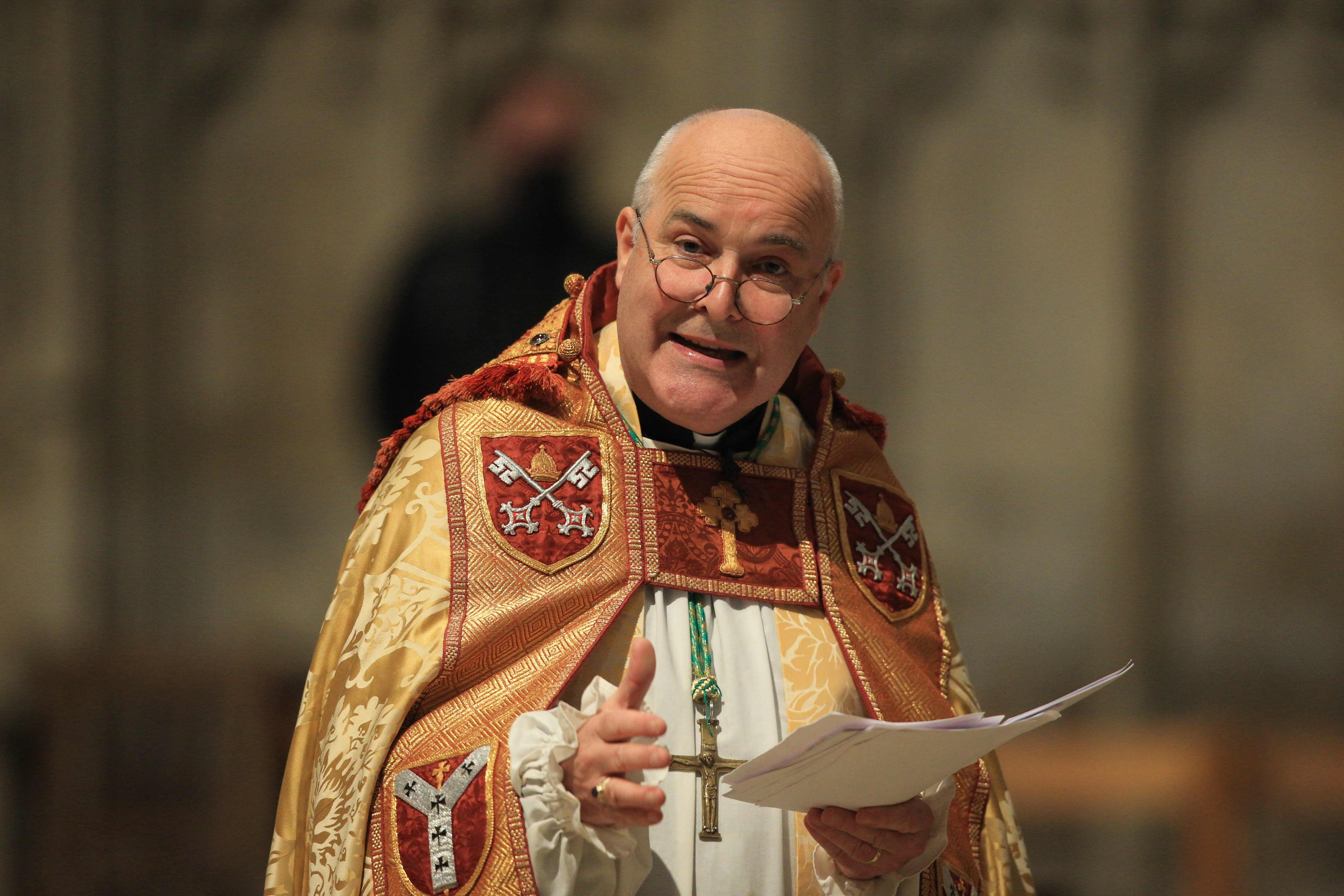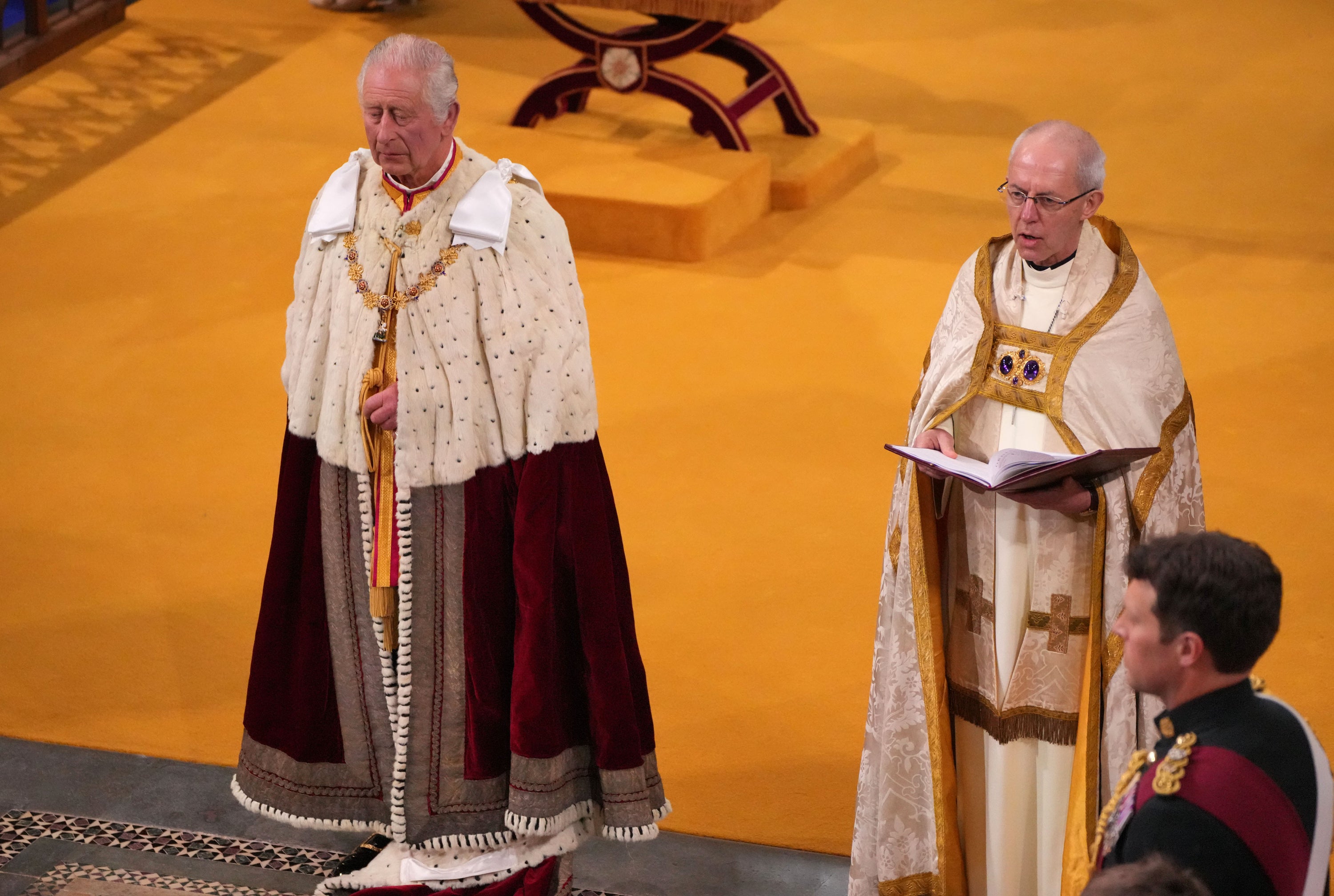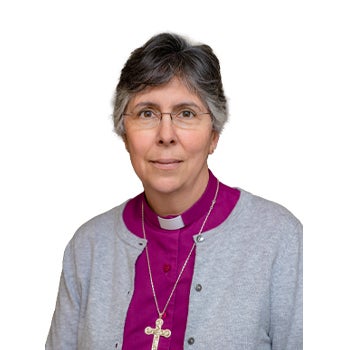How the next Archbishop of Canterbury will be appointed as favourite Stephen Cottrell rejects call to resign
The King and Prime Minister Sir Keir Starmer both have roles to play in the process of appointing the new archbishop
Your support helps us to tell the story
From reproductive rights to climate change to Big Tech, The Independent is on the ground when the story is developing. Whether it's investigating the financials of Elon Musk's pro-Trump PAC or producing our latest documentary, 'The A Word', which shines a light on the American women fighting for reproductive rights, we know how important it is to parse out the facts from the messaging.
At such a critical moment in US history, we need reporters on the ground. Your donation allows us to keep sending journalists to speak to both sides of the story.
The Independent is trusted by Americans across the entire political spectrum. And unlike many other quality news outlets, we choose not to lock Americans out of our reporting and analysis with paywalls. We believe quality journalism should be available to everyone, paid for by those who can afford it.
Your support makes all the difference.Archbishop of York Stephen Cortrell has apologised as scrutiny mounts over his handling of Church of England-linked sexual abuse case in 2019, leading to fresh questions around who will become the next Archbishop of Canterbury.
A BBC investigation has alleged that in a previous post as Bishop of Chelmsford, Mr Cottrell allowed priest David Tudor to remain in post despite knowing that he had been banned from being alone with children and had paid compensation to a sexual abuse victim.
Mr Cottrell has apologised for not taking more immediate action, but has appeared to reject calls for his resignation, saying: “I am deeply sorry that we were not able to take action earlier, but that was the situation I inherited.”

The situation marks another damaging episode for the crisis-gripped Church of England. In November, Justin Welby resigned as the Archbishop of Canterbury after coming under sustained pressure over his handling of a Church-linked abuse case.
Mr Cottrell is due to take over as temporary leader of the Church of England in just three weeks’ time, as a new Archbishop of Canterbury is formally selected.
Yet the process for electing the successor is far from simple. While several senior Church figures have been touted, it is unlikely that they were be named until the late spring, as multiple consultations, shortlisting and interviews are set to take place.
Here we look at the process for choosing the new archbishop:
Who appoints the archbishop?
The King – the defender of the faith and supreme governor of the Church of England – formally appoints archbishops, bishops and deans.
Mr Welby sought permission from the King before he announced his intention to resign.
Once a candidate has been decided, their name is passed on to Downing Street, who subsequently passes it on to Buckingham Palace for approval.

Who recommends the appointment?
The Crown Nominations Commission (CNC) is responsible for appointing the next archbishop, but a period of consultation is first needed to set up this body.
The CNC examines the candidates, holds interviews, and puts forward a name to the Prime Minister, who then passes it to the King.
There will be 17 voting members of the CNC: an Anglican in public life chosen by the Prime Minister, a bishop, the Archbishop of York, three representatives elected from the Diocese of Canterbury, six from the General Synod – three ordained and three lay – and five Anglican communion representatives.
In addition, the secretary general of the Anglican Communion, the prime minister’s appointments secretary and the archbishops’ secretary for appointments are non-voting members of the Commission.
Once the King has approved the chosen candidate and they have indicated a willingness to serve, 10 Downing St will announce the name of the archbishop-designate.
The college of canons of Canterbury Cathedral then formally elects the new archbishop.
Who are the frontrunners to replace him?
Stephen Cottrell
The Archbishop of York is the second most senior bishop in the Church of England, meaning he will take over from Justin Welby while a leader is selected. He previously described the former Archbishop’s resignation as “the right and honourable thing to do”.
Some have speculated that Mr Cottrell, 66, could be ruled out due to his age, and would likely not serve in the post beyond an interim tenure.
The recent allegations from the BBC have cast doubt on even this, however, as some senior members of the Church call for Mr Cottrell to resign.
Dr Helen-Ann Hartley, the only bishop to call publicly for Justin Welby’s resignation in November, has said it is now “impossible” for Mr Cottrell to remain in his post or lead the Church.
Martyn Snow
The 54-year-old Bishop of Leicester has been in his current posting since 2016. He was born in Indonesia and also worked as a vicar and youth chaplain in West Africa.
He has been the Church’s lead bishop in its Living in Love and Faith program, which grapples with questions of sexuality and doctrine.
Graham Usher
The Bishop of Norwich is outspoken on issues relating to climate change, and most recently called on the government to hit major polluters with higher taxes in the run-up to this week’s COP29 summit in Azerbaijan.

Guli Francis-Dehqani
The Bishop of Chelmsford was born in Iran, where her father was an Anglican bishop, but fled the Middle Eastern country with her family as a result of the Islamic revolution, in which her brother was killed, in 1980.
She is outspoken on justice issues, and recently called on western governments to address Palestinian dispossession in occupied territories.
